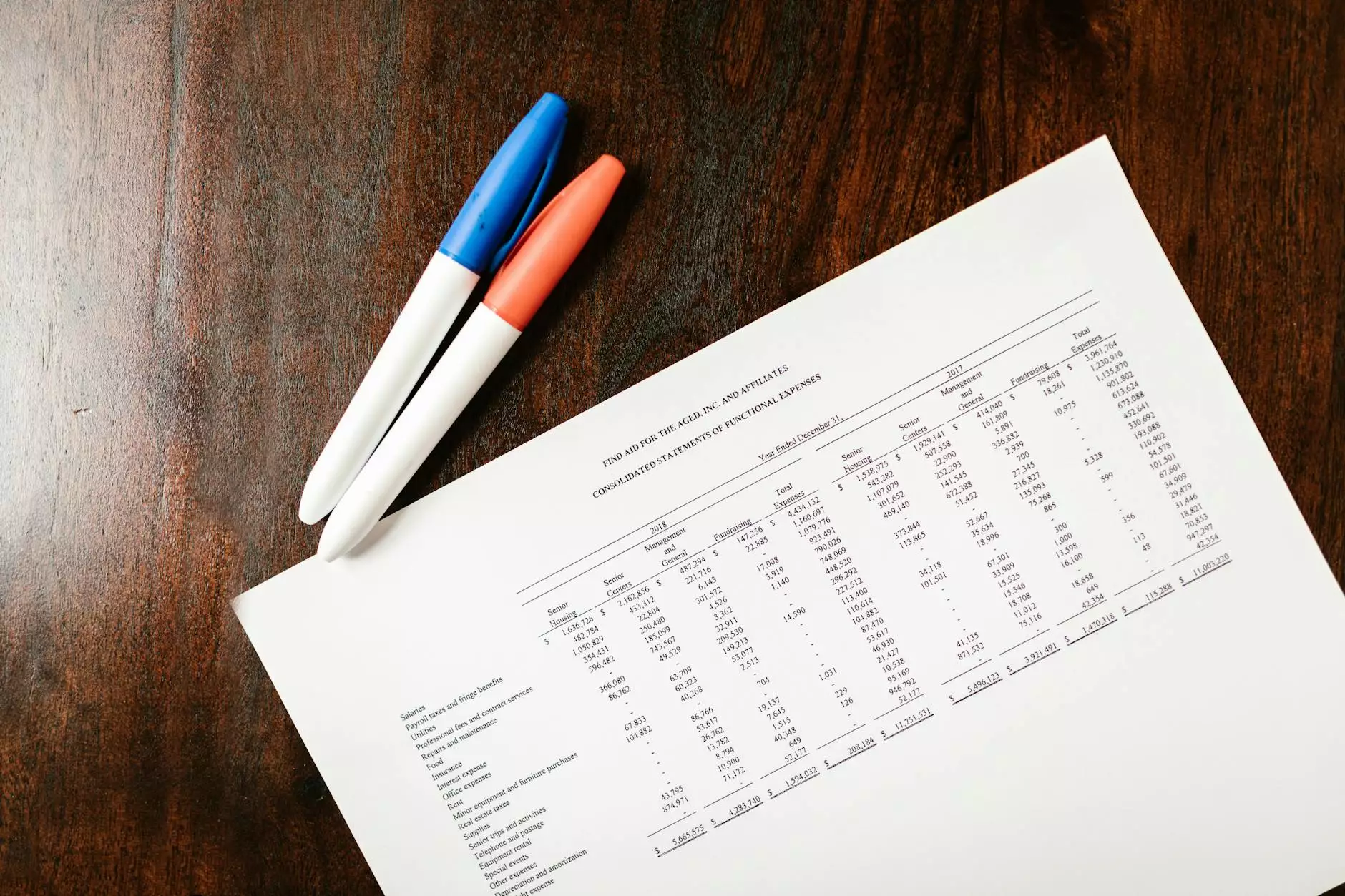Understanding the Doctor of Medicine Diploma

The doctor of medicine diploma is a prestigious credential that signifies the completion of rigorous training in the field of medicine. This diploma serves not only as a proof of education but also as a passport into the dynamic and rewarding world of healthcare. In this comprehensive article, we will delve into the significance, processes, and advantages associated with obtaining a doctor of medicine diploma. Let us explore how this qualification is essential in advancing careers in the healthcare sector, particularly in specialized fields.
What is a Doctor of Medicine Diploma?
A doctor of medicine diploma is awarded to individuals who have completed a structured program typically spanning four to six years, depending on the country and institution. This diploma represents a thorough understanding of medical sciences, clinical skills, and ethical practices required in the healthcare industry. Graduates equipped with this diploma are known as medical doctors (MDs) and are prepared to take the necessary licensure exams to practice medicine.
Significance of the Doctor of Medicine Diploma
In today’s world, the healthcare landscape is continually evolving, and the role of medical professionals has gained tremendous importance. Here are some key aspects that underline the significance of the doctor of medicine diploma:
- Foundation of Knowledge: The diploma signifies that the holder possesses a comprehensive understanding of human anatomy, physiology, pharmacology, and diseases.
- Clinical Expertise: It grants access to clinical training that is crucial for honing diagnostic and treatment skills, enabling graduates to provide high-quality patient care.
- Trust and Credibility: Patients and healthcare institutions place their trust in certified medical professionals, as the diploma serves as a benchmark for excellence.
- Career Opportunities: It opens doors to various career paths such as general practice, surgery, pediatrics, and many subspecialties.
The Journey to Obtaining a Doctor of Medicine Diploma
The path to acquiring a doctor of medicine diploma is both challenging and fulfilling. Here’s a step-by-step breakdown of the typical journey:
1. Pre-Medical Education
Most aspiring medical students must complete an undergraduate degree, usually in a science-related field. This foundational education is critical as it prepares students for the intellectual demands of medical school.
2. Medical College Admission Test (MCAT)
Students must take the MCAT, a standardized examination, which assesses problem-solving, critical thinking, and knowledge of scientific concepts. A strong performance on this test is crucial for admission to medical schools.
3. Medical School
Once admitted, students embark on a challenging journey through medical school that typically lasts four years. The curriculum balances theory with practical training, ensuring that students receive both knowledge and hands-on experience.
4. Residency
After completing medical school, graduates enter a residency program in their chosen field of specialization. Residencies can last anywhere from three to seven years, depending on the specialty.
5. Licensing and Board Certification
Upon finishing residency, physicians must pass licensing examinations to practice medicine legally. Many also choose to obtain board certification to further validate their expertise in a specific area.
How a Doctor of Medicine Diploma Enhances Career Opportunities
The holder of a doctor of medicine diploma is presented with numerous career opportunities. Here’s how such a qualification can enhance career prospects:
- Increased Earning Potential: Physicians typically command higher salaries compared to other professions, reflecting the expertise and responsibility associated with their roles.
- Diverse Specializations: Medicine offers a wide range of specialties, allowing doctors to pursue their interests and work in various environments such as hospitals, clinics, research facilities, and academia.
- Global Opportunities: A doctor of medicine diploma is recognized internationally, providing pathways to practice in various countries around the world.
- Leadership Roles: Physicians often assume leadership roles within healthcare organizations, contributing to policy-making and healthcare management.
The Impact of Medical Education on Global Health
Medical professionals equipped with a doctor of medicine diploma play a crucial role in shaping healthcare systems worldwide. Here are some ways they contribute to global health:
1. Addressing Public Health Issues
Physicians trained in the latest medical advancements play a significant role in addressing pressing public health challenges such as epidemics, chronic diseases, and mental health.
2. Research and Innovation
Many MD holders contribute to groundbreaking research, advancing medical knowledge, and developing new treatments, which can lead to healthier communities.
3. Education and Advocacy
Doctors often educate patients and the public about health issues, prevention strategies, and available treatments, empowering individuals to make informed health choices.
Choosing the Right Medical Institution for Your Doctor of Medicine Diploma
When pursuing a doctor of medicine diploma, selecting the right medical school is paramount. Here are important factors to consider:
1. Accreditation
Ensure that the institution is accredited and recognized by relevant medical education boards. This is vital for the validity of your diploma.
2. Curriculum Quality
Examine the curriculum to ensure it encompasses both theoretical knowledge and clinical practice. A well-rounded education is critical for developing a competent physician.
3. Residency Placement Opportunities
Investigate the institution's track record regarding residency placements, as this significantly influences future career opportunities.
4. Faculty Expertise
Research the qualifications and experience of the faculty members, as strong mentors can enhance your learning experience.
Conclusion: The Future of Medicine and Your Role
In conclusion, obtaining a doctor of medicine diploma is an achievement that marks the beginning of a dynamic career in medicine. As healthcare continues to evolve, the demand for skilled medical professionals will only increase. By embracing this journey, you are not just advancing your career; you are committing to making a positive impact on the lives of countless individuals. The future of global health depends on dedicated physicians who are well-equipped with knowledge, skills, and the passion to foster health outcomes.
Your Path to Success Begins Here
If you are ready to embark on the journey to obtain your doctor of medicine diploma, consider partnering with a reputable institution that can guide you through the complexities of medical education. Education is the key to unlocking a fulfilling career in healthcare, and with your dedication, the possibilities are limitless.









